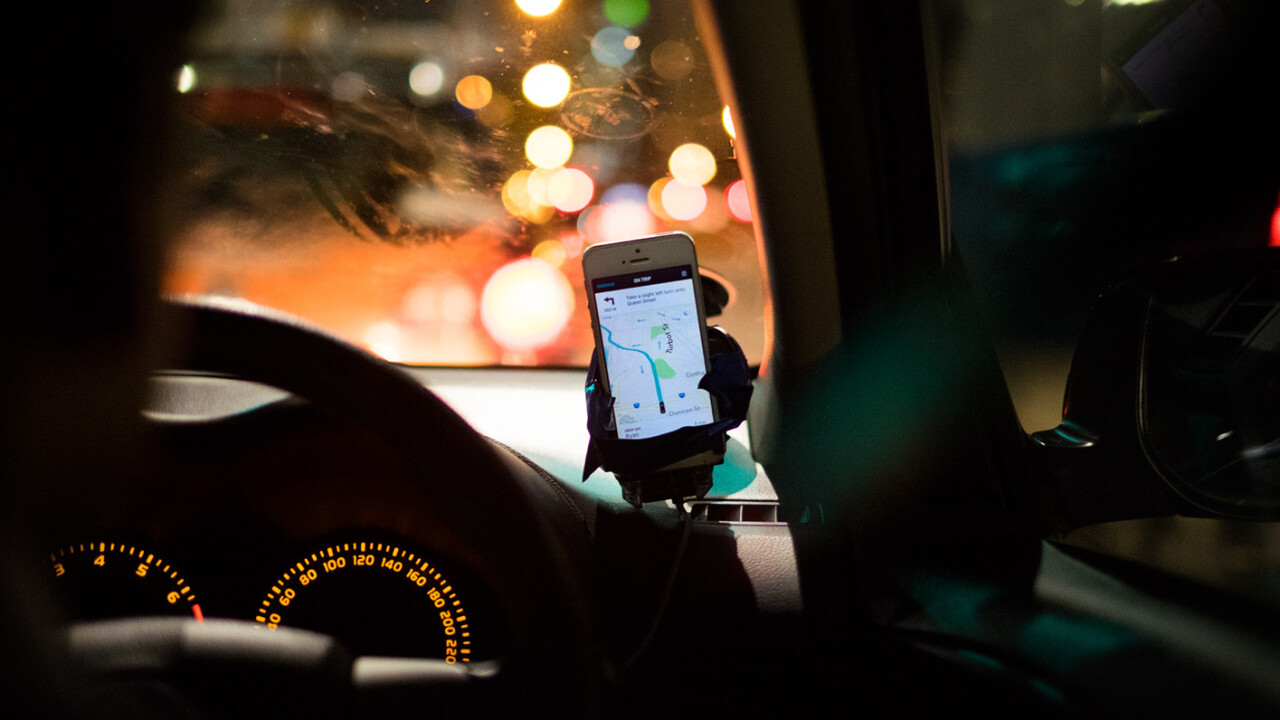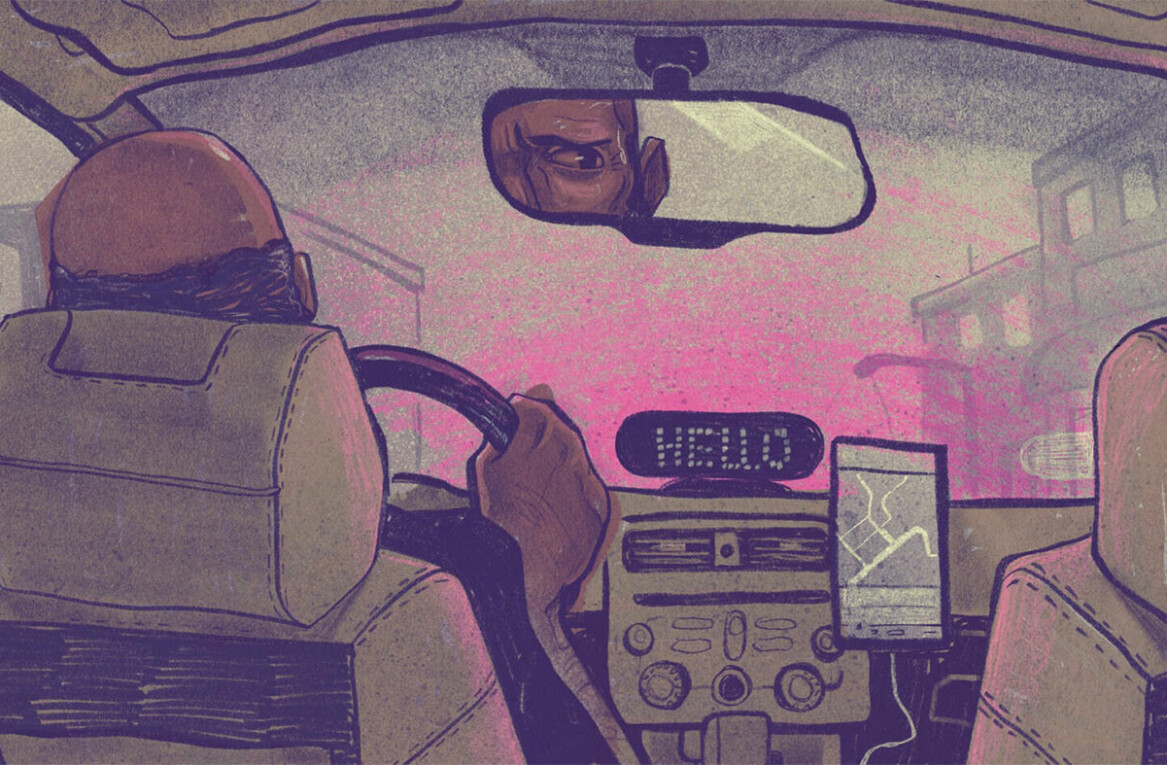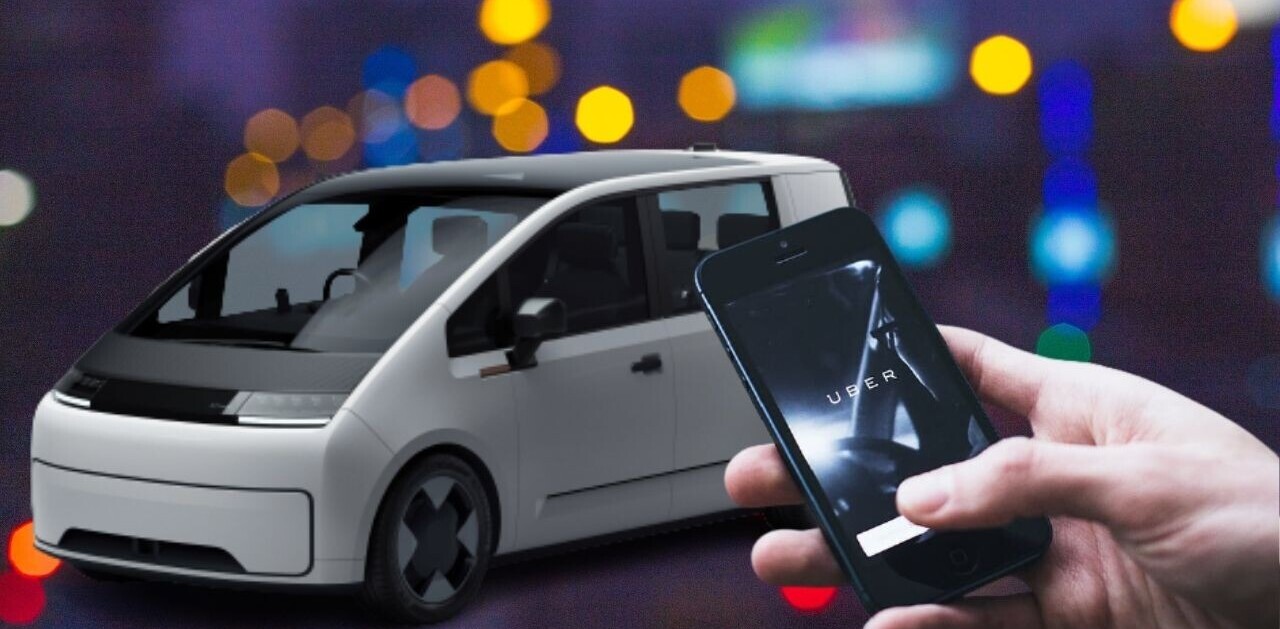One of the worst things you can do to someone is make them question their employment status. Getting fired sucks, but there’s an unmistakable sense of finality about it. You know it’s the end of the road, allowing you to be proactive and move on with your life.
When you don’t know if you’re about to lose your income or not, you can’t plan for the future. It’s like a type of paralysis that means you can’t think beyond a few weeks. Anxiety sets in. It sucks. I know; I’ve been there.
For better or for worse, that’s what Transport for London (TfL) just did to Uber’s 40,000 London-based drivers today. The industry regulator responsible for London’s trains, busses, and taxis unilaterally decided that Uber wasn’t fit to hold a private hire taxi license, and it would not be renewed past the end of this month.
Uber has said it intends to fight this decision. While its appeal is ongoing, Uber is permitted to continue operations as normal in the city, connecting drivers with customers through the hugely popular mobile app.
But it’s not clear how long this appeals process will last. Given London is one of Uber’s most profitable markets, it makes sense the controversial ridesharing company will throw everything it’s got into fighting back. Believe me, it will offer stiff resistance, and there’s a possibility the case might drag on for months, if not years.
And of course, the outcome of this case is yet to be decided. While I personally believe that Uber will ultimately win its appeal, there’s a possibility it will fail, and be forced to cease operations in London for good.
So, to sum up, Uber drivers might lose their right to pick up passengers soon. They don’t know if it will happen, and they don’t know when. I think we can all agree this is a spectacularly shitty situation.
It gets worse when you consider that many of these drivers would have ‘bought in’ to Uber by purchasing new cars, or by signing up to expensive vehicle leases. These would have been seen as an investment, to be paid off over several years of driving for the service.
If Uber gets booted from London, these drivers won’t just be left with no income. They’ll also face three-figure monthly finance bills. And if they fall behind on payments, they can expect their credit to end up trashed, and to lose the equipment they use to earn a living.
And since Uber’s drivers are considered self-employed contractors, the unemployment benefits they’re entitled to differ from salaried individuals.
Because self-employed individuals don’t pay class-1 national insurance contributions, they’ll only be eligible for income-based JSA (Jobseeker’s allowance). This is means-tested, and payments can be reduced based on household income.
I don’t doubt that TfL acted with the best of intentions. We can all agree that Uber’s business model leaves a lot to be desired, and in the past it has acted as though the rules don’t apply. To borrow a startup phrase I hate, It moved fast and broke things.
And Uber isn’t a particularly sympathetic character. The gleeful response to the TfL’s decision shows that it’s about as likeable as Severus Snape or Ebeneezer Scrooge. All day, my Twitter feed has been filled with triumphant tweets, celebrating the blow struck against the great Californian Goliath.
It’s a long established fact that drivers for the platform often struggle to make ends meet. Some drivers lose as much as 30-percent of their paychecks, thanks to Uber’s steep commission charges. The rocket fuel powering Uber’s stratospheric rise mostly came from the backs of exploited, often first-generation immigrant labour.
But before we all cheer TfL, let’s think about the tens of thousands of drivers who have seen their lives thrown into abject uncertainty by this decision. As bad as Uber can be, this move isn’t any better. Drivers are the victims here.
Get the TNW newsletter
Get the most important tech news in your inbox each week.





